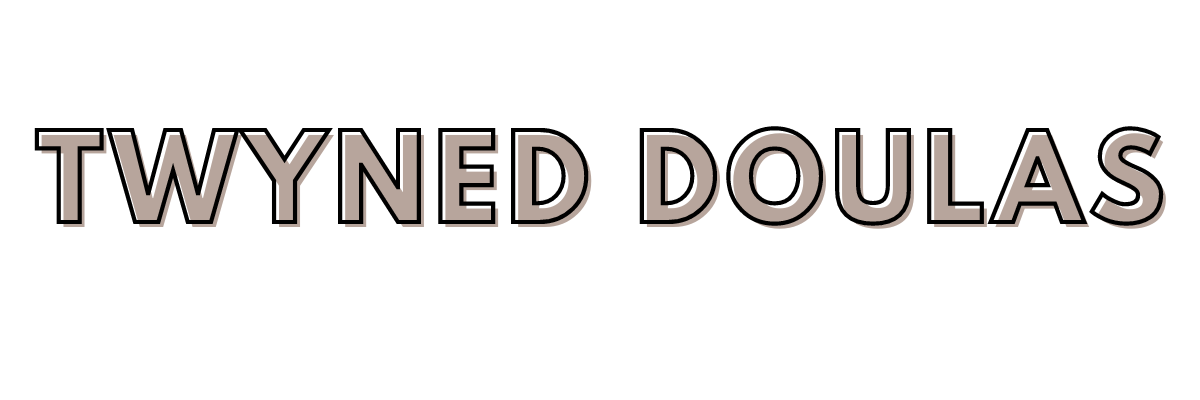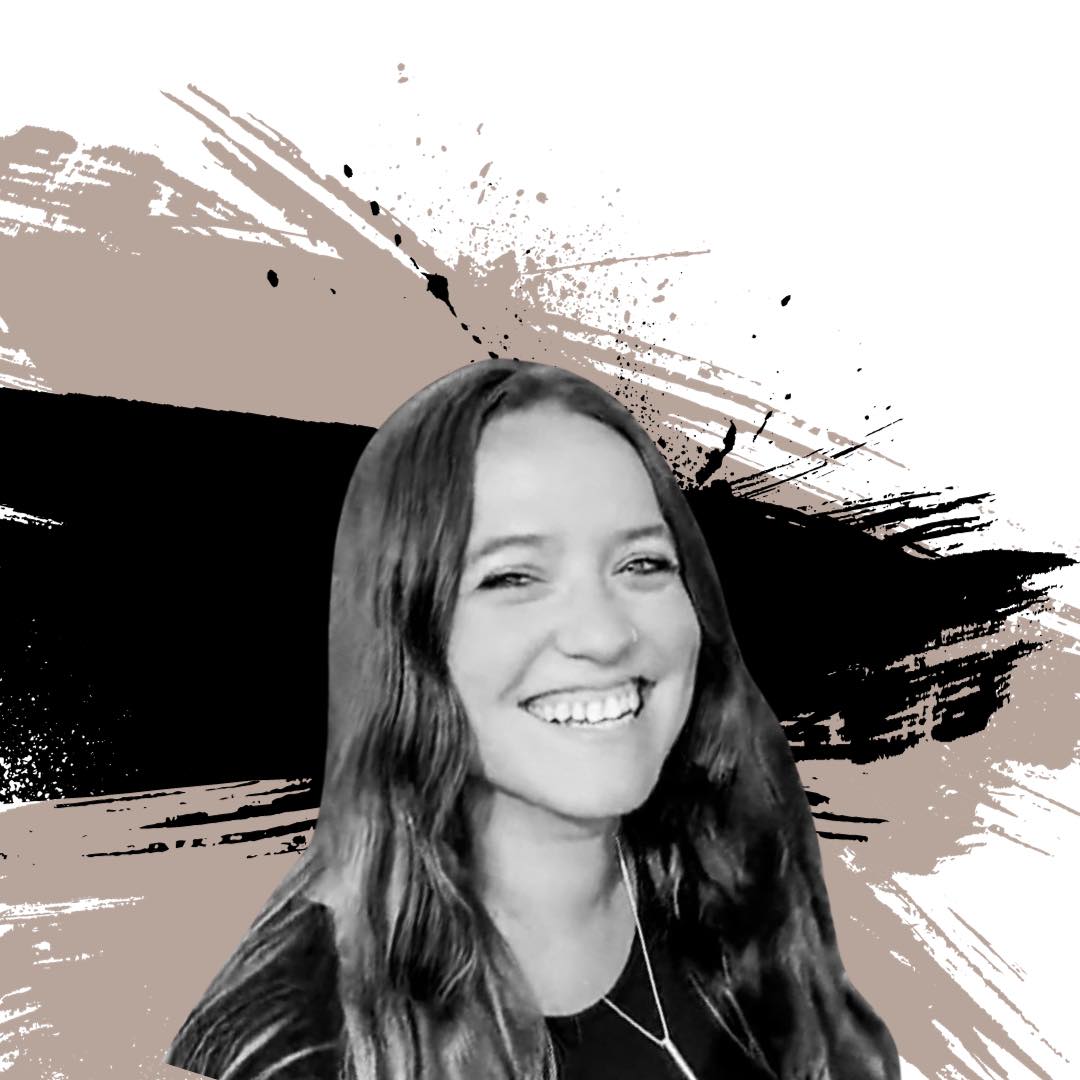Are you thinking about starting a family? Congratulations! It’s an exciting time, but it can also feel overwhelming. The good news is that there are steps you can take to make sure you’re prepared for pregnancy. Here’s our ultimate preconception checklist:

Preconception Health Checkup
Schedule a preconception health checkup. This is a great opportunity to discuss any pre-existing medical conditions or medications you’re taking with your healthcare provider. They may recommend changes to your medication or lifestyle to optimize your chances of a healthy pregnancy.
Lifestyle Adjustments
It’s important to quit smoking and limit alcohol intake if you want to preserve your fertility and ensure your baby’s health. If you’re struggling to quit, you can always speak with your healthcare provider for guidance.
From my experience, once you have committed to wanting a child or are pregnant, quitting smoking and drinking comes easier.
Folic Acid
One of the most important vitamins you should take is folic acid. This little B vitamin acts as a shield, protecting your baby’s brain and spine from birth defects. You can find it in supplements or in fortified foods such as bread and cereal.
Menstrual Cycle
Being aware of your menstrual cycle to identify your fertile window. This knowledge can significantly increase your chances of conception. Explore various tracking methods such as charting, ovulation predictor kits, or fertility apps. Now is the time to stop taking birth control.
Have you heard of the Mira Fertility Tracker? I haven’t tried this one out but have heard amazing things. It tracks key fertility hormones and identifies your full 6 day fertile window. I believe it is around $290 right now. It even comes with personalized fertility coaching!
Check Hormones
Checking your hormones could greatly benefit you whether trying to get pregnant or for your day-to-day. If you are struggling with anything skin or health related, get those hormones checked.
Someone I trust in this field is Amanda. She has the podcast “Are You Menstrual?”. If you haven’t heard it, I highly suggest listening. She has taught me so much about hormones, minerals, and how to eat the right foods. Amanda has a hair mineral test and a minerals quiz which can help you determine the best way to take care of your hormones and what minerals you are in need of.
Rid the Toxins in Your Life
Speaking of hormones, some of the toxins in your day-to-day can be hurtful to your hormones including toxic friendships, environments, and anything that causes you stress. Here is a list of what type of products to switch out or stay away from:
- Parabens (found in makeup, creams, and soaps) which can take on characteristics of estrogen. Too much estrogen in your body can make your hormones unbalanced and could create unhealthy eggs or sperm.
- Candles – I know that was probably a slap in the face but candles are one of the most harmful products in your home. If you just cannot live without candles, check out this blog post from Empirical Mama.
- House paint, paint thinner, and other painting supplies. They contain high levels of lead and mercury which put you at higher risk of miscarrying.
- BPA and Other Bisphenol (found in foods, consumer products, and packaging) can lower fertility levels. Always wash fruits and use BPA-free products, avoid the paper receipts, and canned foods with BPA lining.
- Phthalates give products their scent. Synthetic fragrances can cause disruptions in hormones that play a part in fertility and breast milk production. If you like scents, try switching to essential oils. Seed out phthalate-free versions of air fresheners, fabric softeners, hairspray, laundry detergent, nail polish, perfume, personal care products, shower curtains, and yoga mats. Reduce fast food, nonstick pans, plastic food containers, and plastic wrap made from PVC.
- Retinoids (reduces appearance in wrinkles and sagging skin) can disturb the growth of an embryo or fetus. Most dangerous when taken orally. Try taking collagen instead (we love Perfect Supplements)!
- Acetone (found in nail polish and nail polish removers) can cause long-term effects on fertility. Check your polishes and removers before purchasing. There are nontoxic brands out there like 10 Free Chemistry. That I have read, they do not have acetone in their polish and are Nontoxic, Vegan, and Cruelty Free.
- Hair Dyes can be absorbed into your scalp. Try using vegetable-based hair dyes that aren’t laden with heavy toxins.
- Supplements – check with your doctor to see if the medication you want to use can harm your chances of pregnancy. Medications like acne medication, clotting medications, medications for hypertension, medication for epilepsy, and anti-inflammatory steroids should be avoided unless specified by your physician.
- Heavy Metals can cause permanent brain damage, nervous system disorders, behavior and learning difficulties, and hyperactivity. Try drinking filtered water.
- Pesticides which are harmful in general are especially harmful to women trying to conceive or pregnant. Wash your fruits and veggies thoroughly before consumption.
- Harsh cleaners including household cleaning, laundry soap, fabric softener, and dish soap. We love using Dr. Bronners and Dropps. Here is a list from Healthline that has some top rated cleaning products.
- PFCs and PFAS which can be found in drinking water, waterproof mascara, non stick pans, clothing and furniture that have stain and water-resistant coatings.
- Check your deodorant too. Here is a blog post that has some in-depth look at what can be harmful in your deodorant.
WOAH! I know I just threw a freaking ton at you and you feel like you should just live in a bubble after that… I thought the same thing when I started going more of the natural route.. Before having children may be the best time to access what is in your home. Once baby gets here, it can be tougher to rid the products that you are used too.
If you are over here low key freaking out, there are sites/apps like EWG , ThinkDirty , and Yuka that you can check products to see just how nasty a product is for you.
Balanced Diet
During pregnancy, it’s essential to maintain a balanced diet to meet your nutritional needs. Nutrients like iron, calcium, and vitamin D are especially important. If you’re finding it difficult to get enough of these nutrients from your diet, consider taking a prenatal vitamin supplement that has no iron (constipating especially during pregnancy!). You can also add desiccated liver to your diet for an extra boost.
Taking care of your body and your own natural detoxification process is super, super important! Start by what you eat.
Foods to eat
- berries
- leafy greens
- cruciferous veggies like broccoli
- berries
- organic lean meats
- nuts
- whole grains
Foods to avoid
- processed foods
- sugary snacks
- excessive red meat
- saturated fats
- dairy products
- soy-based products
- high-sugar fruits
- excessive caffeine
- fish high in mercury
Check out this podcast episode from Are You Menstrual? on “How to Eat to Support Your Hormones”.
Emotional Well-being
Pregnancy isn’t just about the bump growing on your belly, it’s an emotional rollercoaster too! But, there are ways to help ease the stress that comes with it. Indulge in some yoga or meditation to find your inner zen. And don’t be shy to talk things out with your partner or loved ones.
Exercise
Exercise regularly. Regular exercise can help you maintain a healthy weight and reduce stress. If you are worried about working out while pregnant, don’t be! If you are, check with your doctor about what types of work outs will be beneficial during pregnancy.
Exercise includes pelvic health. Pelvic health is so so so important and I cannot stress that enough! I have had terrible pelvic health and was in pain most of my last pregnancy. Two women that I follow on Instagram and have the best advice and support are yourpostpartumpt and barbellepelvicrehab.
Create a Birth Plan
Begin thinking about your birth plan early. Discuss your preferences for labor, delivery, and postpartum care with your partner and provider. Knowing your options and expressing your desires can lead to a more positive birthing experience.
I would be more than happy to help you understand a birth plan and figure out which birthing location is right for you.
Get Enough Sleep
Aim for 7-9 hours of sleep per night to help regulate hormones and improve overall health.
Genetic Considerations
It’s always wise to look into your family’s genetic history and to speak with your healthcare provider if you have any concerns. Genetic counseling can help you understand potential risks and make informed decisions.
You will have genetic testing during pregnancy but can be tested beforehand so you know what risks you may have going into your pregnancy.
Support Each Other
If you’re in a relationship, it’s essential to support each other when adopting a healthy lifestyle. Encourage your partner to make similar choices, creating a positive environment for conception. For a successful birth experience, it’s critical that both partners are on the same page when it comes to preparing for a healthy pregnancy.
Open communication is key! You both should be able to discuss anything big and small.
Financial Planning
Develop a financial plan to ensure stability during pregnancy and beyond. Consider insurance coverage, potential medical expenses, and postpartum costs to minimize financial stress.
Decide on where you will give birth (at home, birth center, or hospital). Once you have found out the desired location, you can figure out all the other expenses.
- photographer/videographer
- birth/postpartum doula
- midwife/provider
- at home birth kits
- postpartum food services
- check up appointments
- health and life insurance
Regular Follow-ups
Schedule regular follow-up appointments with your healthcare provider and doula (if you have one) to monitor your progress, address any concerns, and ensure you are on the right track toward a healthy pregnancy.
Following this preconception checklist carefully will pave the way for a more pleasant and stress-free pregnancy journey. Remember, every step is a valuable investment in the health and well-being of both you and your future little one. I wish the best of luck to you in your baby making journey!
Check out our Instagram for more tips about preconception. We are talking all about preconception the month of January.
this blog post is intended for informational and educational purposes only and does not serve as medical advice, a basis for diagnosis, or recommendation of treatment. always seek the advice of your healthcare provider with any questions you may have regarding a medical condition or health concern. the information provided is intended to support you in your breastfeeding and postpartum journey from other moms and their partners. * Please note that some of the links within this content may be affiliate links, which means I may earn a commission if a purchase is made through them.





0 Comments